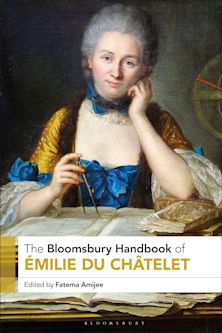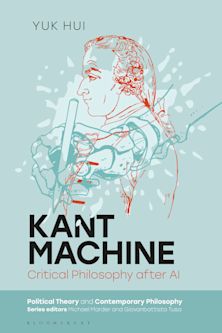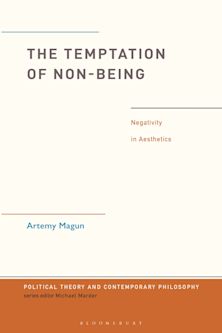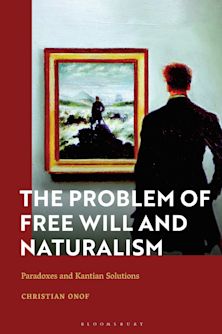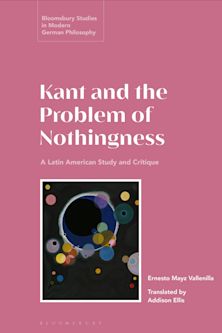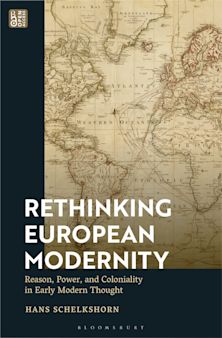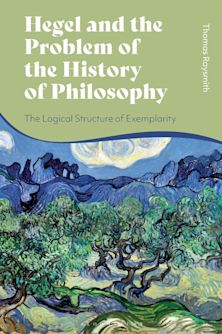- Home
- ACADEMIC
- Philosophy
- Modern Philosophy
- Jonathan Swift and Philosophy
Jonathan Swift and Philosophy
Janelle Pötzsch (Anthology Editor) , Michael Hauskeller (Contributor) , Chris A. Kramer (Contributor) , Will Desmond (Contributor) , Steve van Hagen (Contributor) , Janelle Pötzsch (Contributor) , William Goodwin (Contributor) , Kurt Edward Milberger (Contributor) , Dutton B. Kearney (Contributor) , Nicolas Michaud (Contributor) , Jesús Valera-Zapata (Contributor) , Greg Littmann (Contributor) , Pritika Nehra (Contributor) , John Price (Contributor)
Jonathan Swift and Philosophy
Janelle Pötzsch (Anthology Editor) , Michael Hauskeller (Contributor) , Chris A. Kramer (Contributor) , Will Desmond (Contributor) , Steve van Hagen (Contributor) , Janelle Pötzsch (Contributor) , William Goodwin (Contributor) , Kurt Edward Milberger (Contributor) , Dutton B. Kearney (Contributor) , Nicolas Michaud (Contributor) , Jesús Valera-Zapata (Contributor) , Greg Littmann (Contributor) , Pritika Nehra (Contributor) , John Price (Contributor)
You must sign in to add this item to your wishlist. Please sign in or create an account
Description
Jonathan Swift and Philosophy is the first book to analyse and interpret Swift’s writing from a philosophical angle. By placing key texts of Swift in their philosophical and cultural contexts and providing background to their history of ideas, it demonstrates how well informed Swift’s criticism of the politics, philosophy, and science of his age actually was. Moreover, it also sets straight preconceptions about Swift as ignorant about the scientific developments of his time.
The authors offer insights into, and interpretations of, Swift’s political philosophy, ethics, and his philosophy of science and demonstrate how versatile a writer and thinker Swift actually was.
This book will be of interest to scholars of philosophy, history of ideas, and 18th century literature and culture.
Table of Contents
Part I: Ethics and Social Philosophy
1. Michael Hauskeller: Topsyturvy: Jonathan Swift on Human Nature, Reason, and Morality
2. Chris A. Kramer: How Socratic is Swift’s irony?
3. Will Desmond: Gulliver among the Cynics
4. Steve van Hagen: “His foul Imagination links / Each Dame he sees with all her Stinks”: Masculinity and obsessional disorder in The Lady’s Dressing Room
5. Janelle Pötzsch: Kantian ethics from the horse’s mouth
Part II: Philosophy of Science
6. William Goodwin: Volatile Spirits: Scientists and Society in Gulliver’s Third Voyage
7. Kurt Edward Milberger: Gulliver in Stable: Anti-Cartesian Satire and the Bête-machine in Part Four of Gulliver’s Travels
8. Dutton B. Kearny: Swift’s critique of philosophical materialism
9. Nicolas Michaud: Gulliver’s Creation of Reality through Disability: Swift, Idealism, and the Act of Perception
10. Dutton B. Kearny: How to Historicize Thumos: Swift’s The Battel of the Books
11. Janelle Pötzsch: Weaving the world: The spider in Swift’s The Battel of the Books
Part III: Political Philosophy
12. Jesús Valera-Zapata: Swift’s fantasy as a vindication of tolerance
13. Greg Littmann: Gulliver’s Republic
14. Will Desmond: Gulliver’s Travels and Philosopher-Kings
15. Pritika Nehra: Political Vision(s) in Plato’s Republic and Swift’s Gulliver’s Travels
16. John Price: Modernizing Augustan Satire on Screen: Gulliver’s Travels (1996)
About the Contributors
Product details
| Published | 07 Dec 2016 |
|---|---|
| Format | Ebook (Epub & Mobi) |
| Edition | 1st |
| Extent | 272 |
| ISBN | 9781498521543 |
| Imprint | Lexington Books |
| Publisher | Bloomsbury Publishing |
About the contributors
Reviews
-
This fascinating collection testifies to Swift’s important place in the history of ideas, despite him once joking that ‘all notions too abstracted / Are like the ravings of a crackt head’. These provocative and lucidly-written essays range across the Swift canon, positioning his works in intense dialogue with other key Enlightenment thinkers on issues of ethics, science and politics. Yet, most significantly, Jonathan Swift and Philosophy reveals to us an enduring writer whose works speak profoundly to the debates of today.
Greg Lynall, University of Liverpool
-
This volume produces a deeper appreciation of Swift while shedding light on philosophers like Locke and Plato. No mere “battle of the books,” it’s reason versus emotion, and cynicism versus satire. Debating it all is no mean task or modest proposal.
William Irwin, King's College, Pennsylvania
-
The best authors teach us about ourselves by telling us stories about other people. And Jonathan Swift is one of the best. Through his tales, his wit, and his irony, we learn about our world (science), ourselves (ethics), and our relationships to other people (politics). Each section of this book explores one of these elements of our lives through philosophical analyses of Swift’s works. Readers will gain a deeper appreciation for their own world by exploring the rich philosophical landscapes of Swift’s.
Jacob Held, University of Central Arkansas












